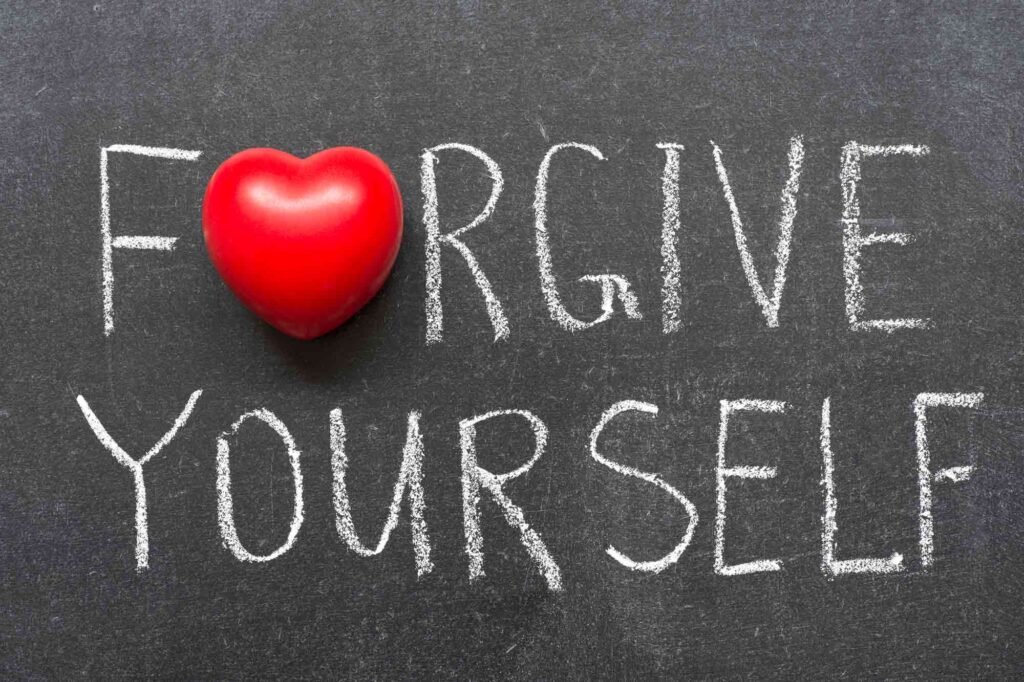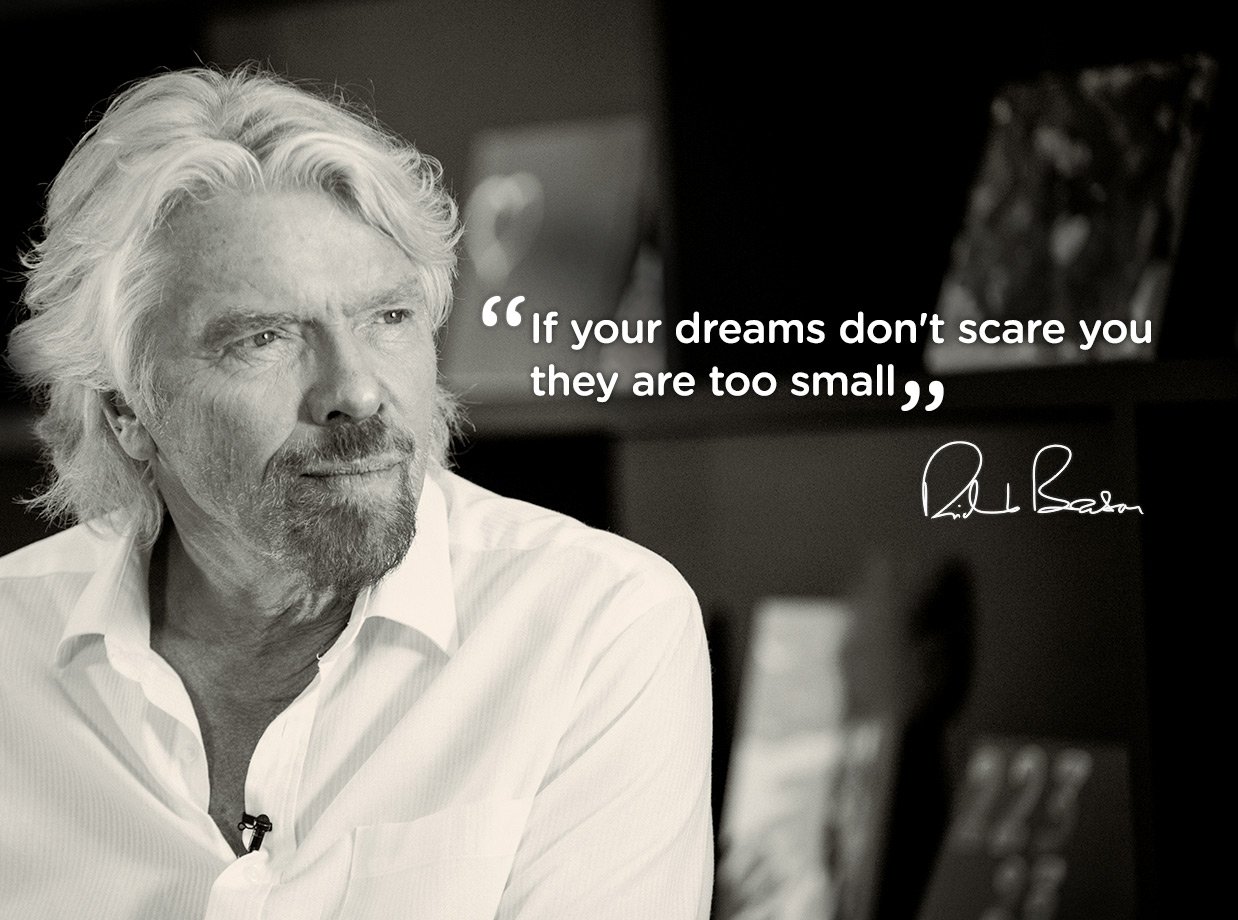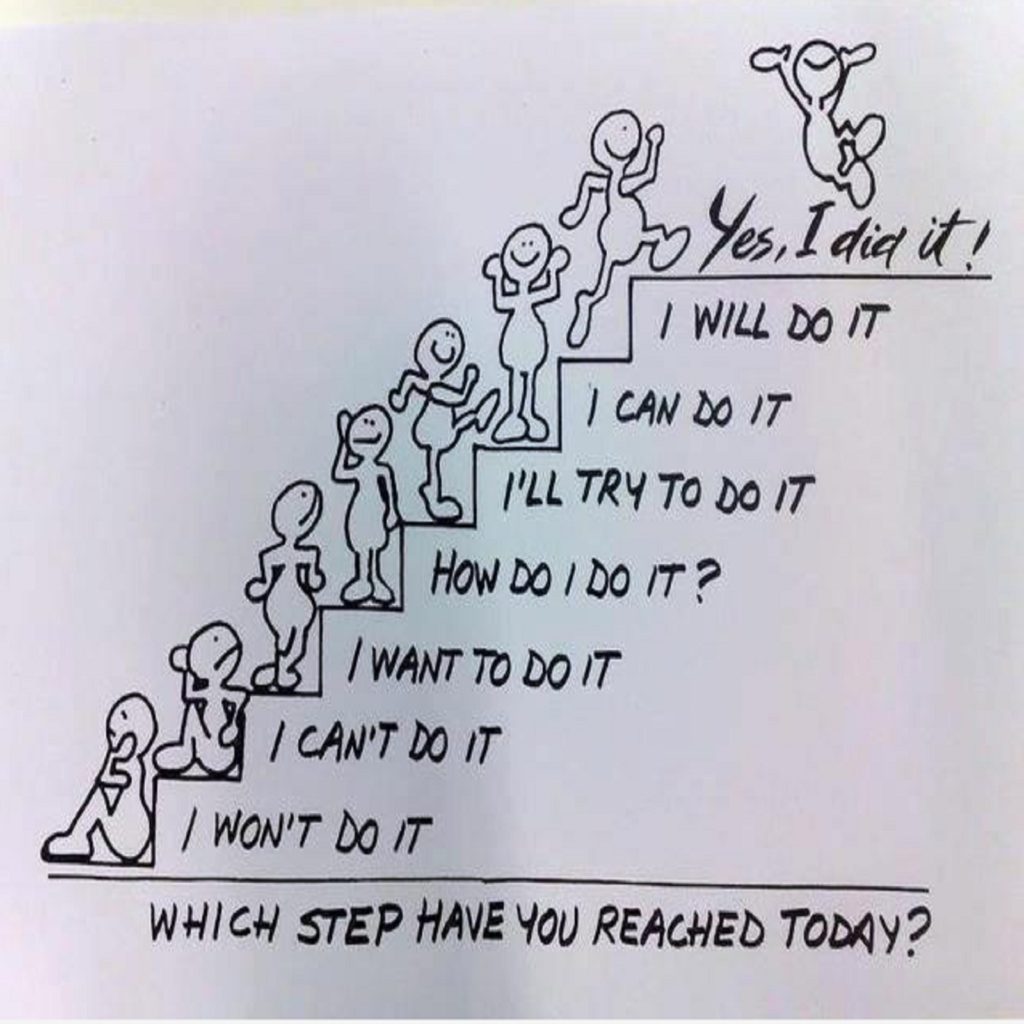by Darpan Sachdeva

Life is an unpredictable journey, filled with twists and turns that often challenge our resolve and test our spirit. We all face moments when our carefully laid plans crumble, our dreams seem to slip through our fingers, and the path ahead appears shrouded in uncertainty. Yet, it’s precisely these moments that define our character and shape our destiny.
The Art of Rising: Understanding Resilience
In the grand tapestry of human experience, resilience stands as perhaps our most remarkable quality. It’s not just about surviving; it’s about emerging stronger, wiser, and more determined than ever before. As I reflect on my own journey through the valleys of setbacks and the peaks of triumph, I’ve come to understand that resilience isn’t merely a trait we’re born with – it’s a skill we can cultivate, a muscle we can strengthen.
Think about the most inspiring success stories of our time. Behind every triumph lies a trail of setbacks that would have deterred most. J.K. Rowling, who was a single mother living on welfare when she wrote Harry Potter, facing rejection after rejection before her magical world captured millions of hearts. Or Thomas Edison, whose 10,000 “failed” attempts at creating the light bulb were, in his words, simply 10,000 ways that wouldn’t work.
The Truth About Setbacks
Let’s be honest – setbacks hurt. They shake our confidence, challenge our beliefs, and sometimes make us question everything we thought we knew about ourselves and our capabilities. But here’s a profound truth that Harvard psychology professor Daniel Gilbert discovered: we consistently overestimate how long and how deeply these setbacks will affect us.
We’re actually remarkably adaptable creatures, equipped with an internal resilience that often surprises us. It’s not that the pain isn’t real – it absolutely is – but our capacity to overcome it is far greater than we imagine. This understanding forms the foundation of our first powerful strategy for fighting setbacks in life.
#1 — Be Honest with Yourself

The journey to resilience begins with a fundamental truth: we must be brutally honest with ourselves. In my years of personal development and coaching others through their challenges, I’ve observed that those who bounce back most effectively are those who first embrace the raw reality of their situation.
When we face a setback, our initial instinct might be to minimize it, to brush it off, or to immediately search for silver linings. While optimism has its place, true resilience begins with acknowledging the full weight of our disappointment. This isn’t about wallowing in negativity; it’s about creating a solid foundation for genuine recovery.
Think of it like treating a wound. Before you can apply healing medicine, you need to clean the injury – a process that might sting but is essential for proper healing. Similarly, confronting our setbacks with honesty might be uncomfortable, but it’s necessary for authentic growth.
#2 —Be gentle with yourself.

Perhaps one of the most counterintuitive aspects of building resilience is learning to be gentle with ourselves. In a world that often equates toughness with harshness, true resilience actually flourishes in an environment of self-compassion.
When a close friend faces a setback, how do you treat them? Most likely, you offer understanding, support, and encouragement. Yet when we face our own failures, we often become our harshest critics. This self-imposed cruelty doesn’t make us stronger – it only depletes our emotional resources when we need them most.
I remember a particularly challenging period in my own life when a major business venture failed. Initially, I berated myself constantly, replaying every mistake in an endless loop of self-criticism. It wasn’t until I learned to treat myself with the same compassion, I’d show a friend that I began to see clear paths forward.
#3 — Forgive Yourself for Past Mistakes.

Closely tied to self-compassion is the crucial practice of self-forgiveness. This isn’t about absolving ourselves of responsibility; rather, it’s about releasing the emotional burden that prevents us from moving forward constructively.
Think of forgiveness as clearing the fog from your windshield. You can’t drive forward safely if you’re still clouded by the past. When we hold onto our mistakes with white-knuckled grip, we’re essentially trying to drive through life with impaired vision.
#4- Don’t play the blame game.

One of the most insidious traps we fall into when facing setbacks is the temptation to assign blame. Whether we point fingers at others or turn that accusatory finger toward ourselves, blame is a dead-end street that leads nowhere but deeper into frustration.
I’m reminded of the wisdom of Marcus Aurelius, the great Roman emperor who wrote, “If you fail, blame only yourself, or better yet, don’t blame anyone.” These words, penned nearly two millennia ago, carry profound truth for our modern struggles. When we release ourselves from the cycle of blame, we free up enormous mental and emotional energy that can be redirected toward solutions.
Every moment spent determining who’s at fault is a moment not spent finding a way forward. It’s like trying to drive a car while constantly looking in the rearview mirror – not only is it ineffective, but it’s also dangerous to your future progress.
#5-Revisit Your Reasons “Why”

When setbacks knock us down, revisiting our fundamental “why” can provide the strength to stand again. This isn’t just about remembering our goals; it’s about reconnecting with our deepest motivations and most cherished values.
I’ve witnessed countless individuals transform their greatest setbacks into launching pads for success, but only after they reconnected with their core purpose. Think of purpose as your internal compass – when the storms of life throw you off course, it’s your “why” that helps you find your way back.
Take the story of Nick Vujicic, born without arms or legs. Rather than letting his physical limitations define his life, he found his purpose in inspiring others. Today, he’s a world-renowned motivational speaker who has touched millions of lives. His setbacks didn’t disappear, but his purpose gave him the strength to transcend them.
#6 —Don’t get bogged down on the past – move forward

One of the most powerful antidotes to setbacks is forward motion. Just as a bicycle is more stable when moving than when standing still, we find our greatest stability not in static safety but in purposeful progress.
This doesn’t mean we should ignore our pain or rush past necessary reflection. Instead, it means recognizing that at some point, forward motion becomes essential for healing and growth. As Winston Churchill wisely said, “If you’re going through hell, keep going.”
Think of life as a book. When we encounter a difficult chapter, we don’t stop reading – we keep turning pages, knowing that new chapters await. Each step forward, no matter how small, creates momentum that can carry us through our darkest moments.
#7 —Be Grateful for What You Have

In the midst of setbacks, gratitude might seem counterintuitive, perhaps even impossible. Yet, it’s precisely during our most challenging moments that gratitude becomes most powerful. It’s like finding a light switch in a dark room – it doesn’t change what’s in the room, but it completely transforms how we see it.
I’ve learned through my own journey that gratitude isn’t about denying our struggles or pretending everything is perfect. Instead, it’s about expanding our perspective to recognize that even in our darkest moments, there are threads of gold weaving through our lives. Whether it’s the simple ability to breathe, the support of a friend, or lessons learned from our challenges, there’s always something worthy of our gratitude.
Every setback you’ve survived has made you who you are today. Every challenge you’ve faced has built your resilience muscle. In this light, even our difficulties become worthy of a certain kind of gratitude.
#8 —Connect, Strategize and Act

One of the most damaging myths in our culture is that we should handle our setbacks alone. This couldn’t be further from the truth. Resilience isn’t built in isolation; it’s forged in connection with others who can support, guide, and sometimes simply walk beside us on our journey.
However, not all connections are equally beneficial during times of challenge. We need to be strategic about who we turn to. The right connections act like emotional scaffolding, providing support while we rebuild. They’re the ones who can listen without judgment, offer perspective without diminishing our experience, and believe in our potential even when we’ve temporarily lost sight of it.
I’ve witnessed countless transformations where individuals who felt completely stuck found new momentum simply by connecting with the right people. It’s not about dependency; it’s about creating a network of support that strengthens our own resilience.
#9 —Don’t Be Afraid to Dream Big

Perhaps counterintuitively, setbacks can be the perfect time to expand our dreams rather than contract them. When life knocks us down, we have a choice: we can either reduce our expectations to avoid future disappointment, or we can use the setback as a launching pad for even greater aspirations.
Think about SpaceX founder Elon Musk, who faced repeated rocket launch failures that could have bankrupted his company. Instead of scaling back his ambitions, he dreamed even bigger, ultimately revolutionizing space travel. The setbacks didn’t diminish his vision; they refined it.
This isn’t about blind optimism or denial of reality. It’s about understanding that our capacity for achievement often far exceeds our initial estimations. Sometimes, it takes a setback to shake us out of our comfortable limitations and force us to reimagine what’s possible.
#10 —Don’t give up: View your setback as a possible blessing in disguise

What if every setback we face isn’t just an obstacle, but a redirect toward something better?
This isn’t mere positive thinking; it’s a practical approach that has been validated countless times throughout history. Some of the world’s most significant innovations and achievements emerged from what initially appeared to be devastating failures.
Consider the story of Post-it Notes, which came from a failed attempt to create a super-strong adhesive. What seemed like a scientific disappointment became one of the most successful office products in history. Or think about how being fired from Apple in 1985 allowed Steve Jobs to develop Pixar and return to Apple with fresh perspectives that revolutionized the company.
The key isn’t to pretend our setbacks don’t hurt – they do. Rather, it’s about maintaining the perspective that sometimes, what feels like a step backward might be life’s way of positioning us for a giant leap forward.
#11 —Find Your Source of Happiness

In our pursuit of goals and recovery from setbacks, we sometimes forget a fundamental truth: happiness isn’t just a destination; it’s a powerful tool for resilience. When we connect with genuine sources of joy in our lives, we build emotional reserves that help us weather any storm.
This isn’t about forced positivity or ignoring real challenges. Instead, it’s about consciously cultivating moments of authentic happiness, even amid difficulty. Whether it’s spending time in nature, creating art, connecting with loved ones, or pursuing a passionate hobby, these sources of joy aren’t luxuries – they’re essential fuel for resilience.
The Path Forward: Your Journey to Unshakeable Resilience
As we analyse resilience, remember that these aren’t just strategies to be read and forgotten. They’re tools to be practiced, refined, and integrated into your life. Each setback you face is an opportunity to strengthen these resilience muscles.
Your journey won’t be perfect, and that’s exactly as it should be. Resilience isn’t about avoiding falls; it’s about learning to rise each time with greater wisdom and strength. As you face your own challenges, remember that every great success story includes chapters of setback and struggle. Your setbacks don’t define you – how you respond to them does.
A Final Thought
Life will continue to present challenges. That’s not a pessimistic outlook; it’s a realistic one. But with these tools in your arsenal, you’re equipped to face whatever comes your way. Each time you apply these principles; you’re not just overcoming a current challenge – you’re building the strength for all future challenges.
Remember, resilience isn’t about being unbreakable. It’s about becoming unshakeable. It’s about developing the inner strength to face life’s storms while maintaining your course toward your dreams. Your setbacks are not the end of your story – they’re merely the plot twists that make your eventual triumph even more meaningful.
As you close this page and return to your life’s challenges and adventures, carry with you this truth: within you lies the power to transform any setback into a setup for something greater. The journey won’t always be easy, but with these tools and your unwavering spirit, you’re ready to face whatever comes your way.
Your next chapter awaits. Make it remarkable!
This video powerfully illustrates that resilience isn’t just a concept – it’s a living, breathing force that can transform our lives. As you’ve seen, the human spirit has a remarkable capacity to overcome seemingly impossible obstacles.
 Darpan Sachdeva is the CEO and Founder of Nobelthoughts.com. Driven by a profound dedication to Entrepreneurship, Self-development, and Success over an extended period, Darpan initiated his website with the aim of enlightening and motivating individuals globally who share similar aspirations. His mission is to encourage like-minded individuals to consistently pursue success, irrespective of their circumstances, perpetually moving forward, maintaining resilience, and extracting valuable lessons from every challenge.
Darpan Sachdeva is the CEO and Founder of Nobelthoughts.com. Driven by a profound dedication to Entrepreneurship, Self-development, and Success over an extended period, Darpan initiated his website with the aim of enlightening and motivating individuals globally who share similar aspirations. His mission is to encourage like-minded individuals to consistently pursue success, irrespective of their circumstances, perpetually moving forward, maintaining resilience, and extracting valuable lessons from every challenge.


